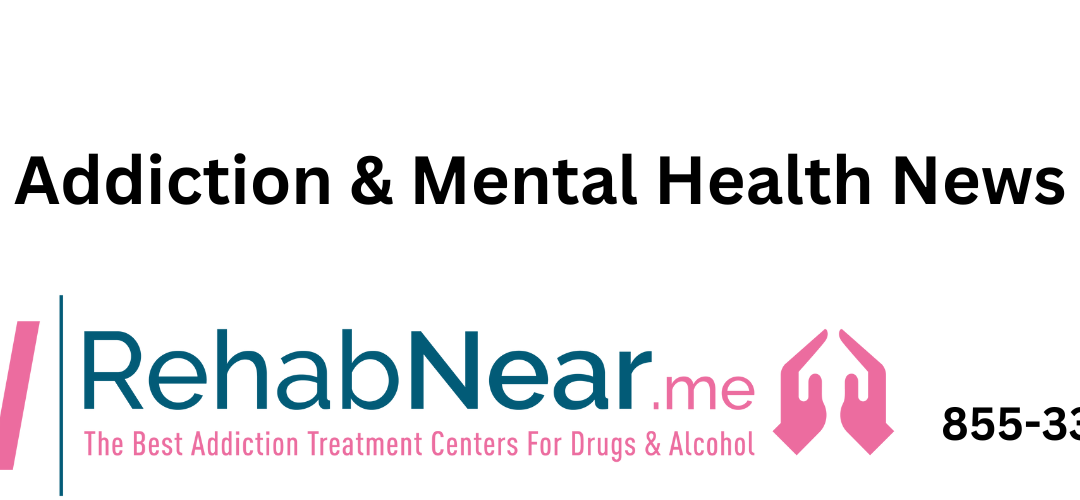Pregnancy and new motherhood transform a woman’s body as well as her life. While this is often a joyous time, it can sometime lead to mental health disorders, most often anxiety and depression. These conditions can be detrimental to the mother’s health and that of her child, but despite the high stakes, modern medicine often fails to address them. By teasing out the biological mechanisms underlying these pregnancy-related disorders, investigators at Weill Cornell Medicine are laying the groundwork for new ways to detect and treat women at risk.
The statistics for depression that occurs after delivery, or postpartum, reflect a particularly abysmal reality: Clinicians successfully treat only about three percent of women with this disorder. For those who become depressed before giving birth, that number rises only slightly, to around five percent.





